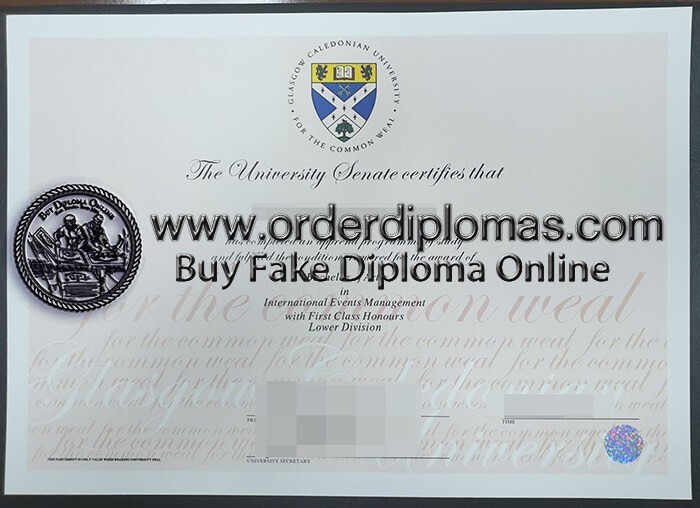
buy fake glasgow caledonian university degree. buy fake diploma
Buy fake diploma, buy fake degree, buy fake glasgow caledonian university diploma, buy fake glasgow caledonian university degree, how to buy fake glasgow caledonian university diploma? how to buy fake glasgow caledonian university degree? make fake diploma, fake diploma, order fake diploma.
Glasgow Caledonian University (Scottish Gaelic: Oilthigh Chailleannach Ghlaschu, IPA: [ˈɔlhɪj ˈxaʎan̪ˠəx ˈɣl̪ˠas̪əxu]), informally GCU, Caledonian or Caley, is a public university in Glasgow, Scotland. It was formed in 1993 by the merger of The Queen’s College, Glasgow (founded in 1875) and Glasgow Polytechnic (founded in 1991).
In June 2017, the university’s New York partner institution, which was founded in 2013, was granted permission to award degrees in the state, the first higher education institution founded by a foreign university to achieve this status.
The university traces its origin from The Queen’s College, Glasgow (founded 1875), and the Glasgow College of Technology (founded 1971). The Queen’s College, which specialised in providing training in domestic science, received the royal accolade of being named after Queen Elizabeth in its centenary celebrations in 1975. Queen Elizabeth was, herself, patron of the college since 1944. Glasgow Polytechnic, which was one of the largest central institutions in Scotland, offered externally validated degrees and diplomas in engineering, science, and the humanities: the first of which was a BA in Optics, followed by degrees in Social Sciences (1973) and Nursing (1977).
On 1 April 1993, the two institutions amalgamated to form Glasgow Caledonian University. The new university took its name from Caledonia, the poetic Latin name for present-day Scotland. The main campus of the university is built on the site of the former Buchanan Street Station, built by the Caledonian Railway.
Independent research carried out in 2015 revealed that the university contributes over £480m to Scotland’s economy each year with the quantifiable lifetime premium of a one-year class of graduates estimated at £400m, bringing the university’s total annual economic impact to around £880m in Scotland alone.
Annie Lennox was installed as GCU’s first female chancellor, taking over the role from Nobel Peace Prize laureate Muhammad Yunus, at a ceremony in July 2018. Pamela Gillies is the principal and vice-chancellor of the university, appointed in 2006.
Coat of arms and motto
The university’s coat of arms is the work of university academic and artist Malcolm Lochhead and draws on four elements from the coat of arms of the university’s predecessor institutions. The Caledonian oak tree (of St. Mungo’s infamous legend) and the Book of Knowledge were borrowed from the arms of Glasgow Polytechnic while the saltire ermine and the crossed keys (intended to represent the “unlocking” of the Book of Knowledge) were taken from the arms of The Queen’s College. A visual feature was added to the new arms with the illuminated capital letters in the Book’s paragraphs reading: G C U (the three-letter abbreviation of the university’s name). The coat of arms was matriculated by the Lord Lyon King of Arms and is inscribed into university degree parchments. The university’s motto: “for the common weal”, which has been adopted since 1975, features in the full design of the arms.
By statute, the university maintains two internal institutions: the University Court and the University Senate. The University Court is the supreme governing body of the university and is composed of a number of ‘governors’, statutory mandated with overseeing its overall strategic direction and appointing both the chancellor and the principal (and vice-chancellor) of the university. The university’s principal and vice-chancellor and the president of the Students’ Association are ex officio governors of the Court. The University Senate, on the other hand, is statutory tasked with the overall planning, co-ordination, development and supervision of the university’s academic affairs. University degrees and fellowship as well as academic honours and distinctions are awarded by and in the name of the Court, with the advice of the Senate. The current chair of the Court is Rob Woodward and the Senate is presided over by the university’s principal and vice-chancellor, currently Pamela Gillies.

 USA Diplomas
USA Diplomas Canada Diplomas
Canada Diplomas UK Diplomas
UK Diplomas Australia Diplomas
Australia Diplomas Germany Diplomas
Germany Diplomas Malaysia Diplomas
Malaysia Diplomas Singapore Diplomas
Singapore Diplomas Other countries
Other countries Transcript-Form.xlsx
Transcript-Form.xlsx
